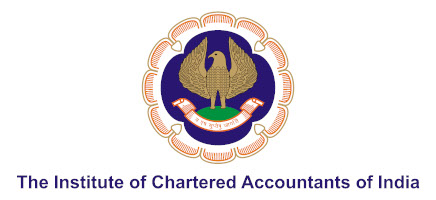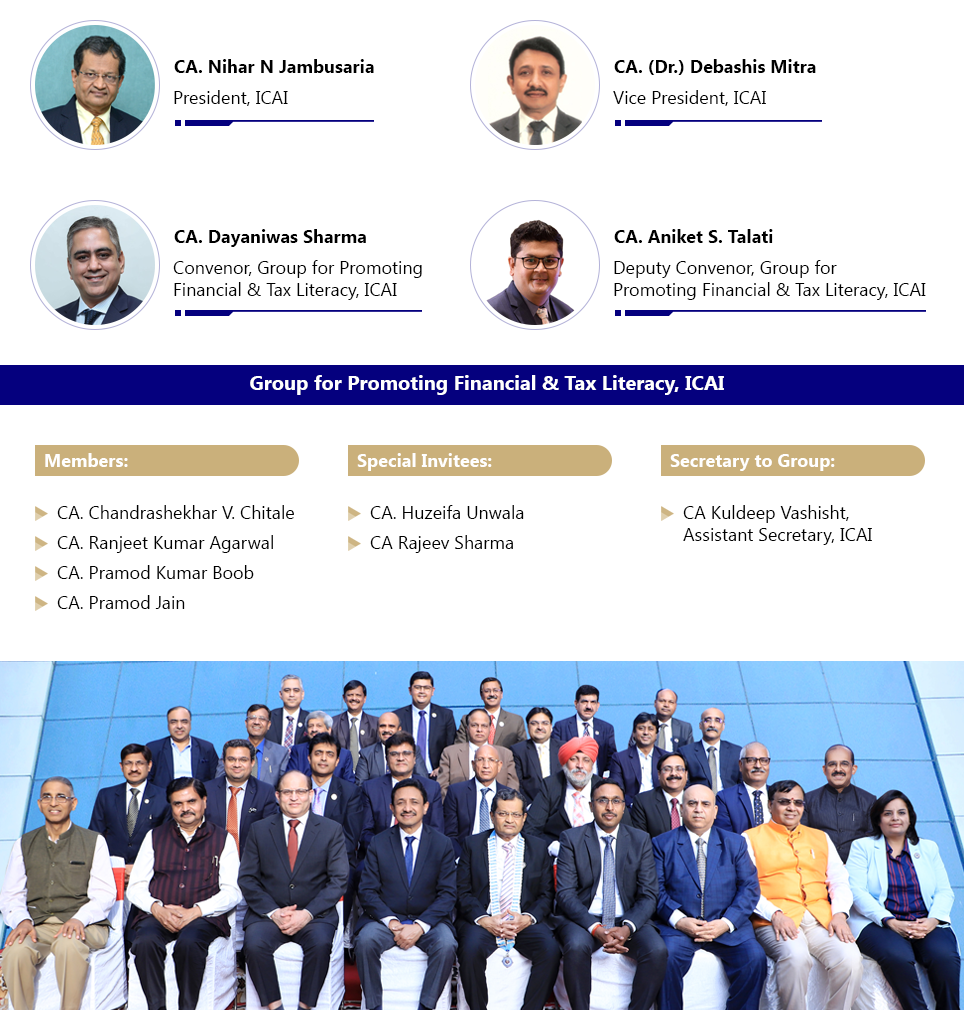1. What is Income Tax?
Income tax is a tax which is charged on income of a person. Everyone who earns or gets an income in India beyond maximum amount not chargeable to tax is subject to income tax. Your income could be salary, pension or could be from a savings account or profits or gains from business or profession or capital gains or any other source of income.
2. Who is supposed to pay Income-tax?
Income-tax is to be paid by every person. The term ‘person’ as defined under the Income-tax Act covers in its ambit natural as well as artificial persons.
For the purpose of charging Income-tax, the term ‘person’ includes Individual, Hindu Undivided Families [HUFs], Association of Persons [AOPs], Body of individuals [BOIs], Firms, LLPs, Companies, Local authority and any artificial juridical person not covered under any of the above.
Thus, from the definition of the term ‘person’ it can be observed that, apart from a natural person, i.e., an individual, any sort of artificial entity will also be liable to pay Income-tax.
3. Who is an Assessee?
An Assessee is a person by whom any tax or any other sum of money is payable under the Act.
4. What is an Assessment year?
The assessment year (AY) is period of 12 months commencing on 1st April every year. The year in which income is earned is the previous year and such income is taxable in the immediately following year which is the assessment year.
5. What is a Previous Year?
It is a Financial Year (FY) immediately preceding the assessment year. The year in which income is earned.
Example – Mr. A earned salary of Rs. 2,50,000 during the financial year 2023-24. In this case previous year would be P.Y. 2023-24 and assessment year would be A.Y. 2024-25.
6. What is Income?
It is very critical term as income tax is charged on the income of a person. Income ordinarily means any earnings. Definition of income under the Income Tax Act is broad to cover various transactions beyond typical earnings. Section 2(24) of the Act enumerates certain items, including those that cannot ordinarily be considered income but are treated statutorily.
7. How income is classified under the Income-tax Act?
As per Income-tax Act, income of a person is categorised into five heads of Income:
- Salaries (salary or pension)
- Income from house property (rental income)
- Profits and gains of business or profession
- Capital gains (income from sale of a capital asset such as mutual funds, shares, house property etc.)
- Income from other sources (residuary head which covers income such as interest on saving bank account/fixed deposits, winning from lottery, dividend etc.)
8. What is exempt income and taxable income?
An exempt income is not charged to tax, i.e., Income-tax Law specifically grants exemption from tax to such income. Income which is chargeable to tax are called as taxable income.
9. What is Gross Total Income?
Gross Total Income means the aggregate amount of taxable income computed under five heads of income, i.e., salaries, house property, business & profession, capital gains and other sources.
10. What are Deductions?
While computing the income tax, there are certain expenses, investments or income that are allowed to be deducted from the Gross Total Income, which is called deductions. These deductions are given in section 80C to 80U of the Income Tax Act.
11. What is Total Income?
After making deductions under section 80C to 80U from the gross total income, the amount left is known as Total Income. Income tax is computed on this income. Total income is rounded off to nearest multiples of ten rupees. Total Income is computed as follows:
Gross Total Income
Less: Deductions under section 80 to 80U
Total Income
xxx
xxx
xxx

